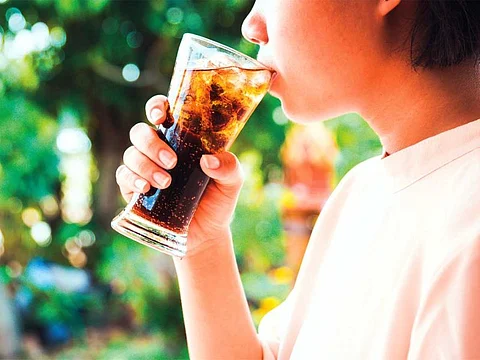
The UAE Ministry of Finance has announced a significant update to the country’s excise tax on sugar-sweetened beverages, transitioning from a flat 50% tax to a tiered system that will take effect on January 1, 2026. The new policy aims to encourage healthier drink choices and align with Gulf Cooperation Council (GCC) standards.
Dubai’s tax landscape is set to transform with the Ministry of Finance’s new approach to taxing sugar-sweetened beverages (SSBs). The upcoming changes represent a strategic shift from the current uniform 50% excise tax to a more nuanced, volume-based model.
Key Changes in Sugar Drink Taxation
The ministry stated that the new system will ‘establish a comprehensive legal and regulatory foundation’ that encourages manufacturers to reduce sugar levels in their products. Drinks with higher sugar content will face proportionally higher taxes, while low-sugar alternatives will be taxed at lower rates.
‘This step is in line with the GCC’s adoption of a tiered volumetric model for excise tax on sugar-sweetened beverages,’ the Ministry of Finance explained in its official announcement.
The policy also includes provisions for importers and producers. Those who have already paid the current 50% excise tax on goods can potentially deduct part of their previously paid tax if their new tax rate is lower and the goods remain unsold.
Broader Implications
Beyond taxation, the new policy reflects the UAE’s commitment to public health, aiming to:
Businesses will have time to adjust to the new regulations before they come into full effect in early 2026, ensuring a smooth transition in the beverage market.